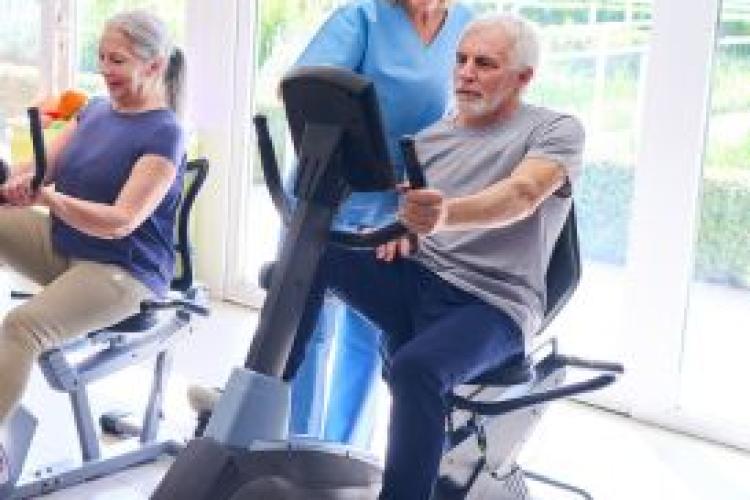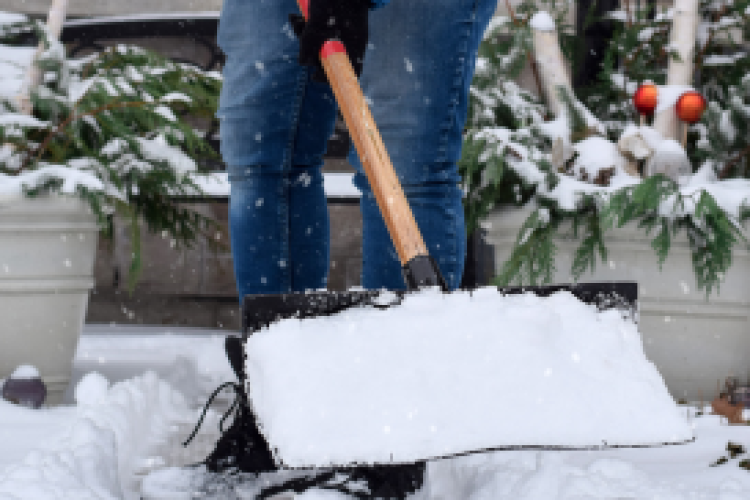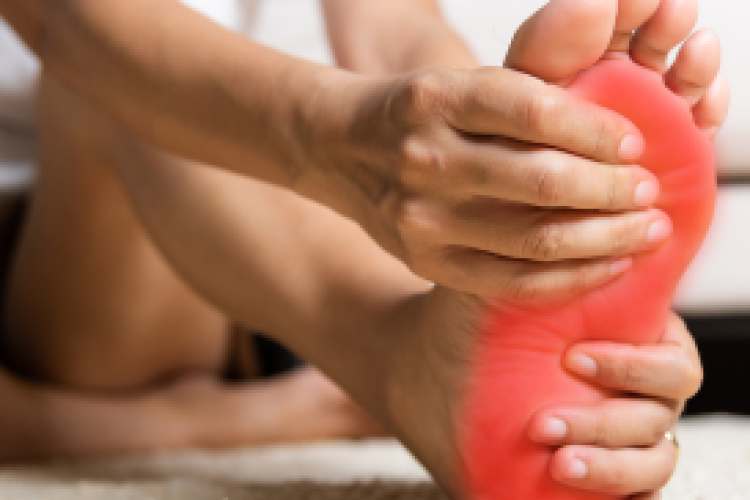Cold weather can have a triggering effect on heart health. Shoveling snow and other means of snow removal, including pushing a heavy snow blower, can raise your heart rate and blood pressure more quickly and more dramatically than many other types of exercise.
“Shoveling snow is often the most strenuous activity older people perform,” says Jared Corriel, MD, RPVI, FACC, cardiologist with Highland Medical, P.C. “The cold weather can lead to coronary artery narrowing and if those with comorbid conditions do not take proper precautions, they can be placing themselves at a significant risk for a heart attack.” The key is to take it easy, get help, or hire someone else to do the shoveling, especially if you have an existing heart condition,” he advises.
The strain of heavy labor like lifting and throwing weighty scoops of snow can rupture buildups called plaques that often form on coronary arteries. A ruptured plaque can trigger formation of a blood clot that blocks the artery, causing a heart attack. Being out in cold weather also can cause vasoconstriction, in which blood vessels tighten, reducing blood flow so the heart’s pumping takes more effort. Bundling up in heavy clothes can add weight and make all your muscles work harder.
Whether you have known heart failure or coronary artery disease, you must be careful during the winter months. Everyone can benefit from the following steps to protect their heart:
Lighten loads: Push snow if possible rather than lifting it. When lifting, scoop small amounts of snow rather than heavy piles, especially when snow is wet.
Full stomach? Let snow wait: Allow food to settle for an hour or two after a heavy meal before heading out to the driveway. “The heart works harder to pump blood to the digestive system after a meal, adding strenuous physical labor while digesting is not good for the heart,” Dr. Corriel says.
Nip cold weather: Limit exposure to biting cold and wind to minimize vasoconstriction. Choose to exercise indoors if possible. Also keep in mind that cold-weather comfort foods like canned soup often contain high amounts of sodium, which can exacerbate high blood pressure.
Know signs of trouble: Chest discomfort sometimes signals a heart attack—but not always. “Be aware of other key indicators such as sweating, weakness, shortness of breath and nausea. Seek medical attention immediately if these last for 15 minutes or longer,” Dr. Corriel says.
Remember other risks: Any health burden is a heart burden, especially infection. So be sure to:
- Get vaccines: Check with your doctor to make sure you’re up to date with both COVID-19 and flu inoculations.
- Wash hands regularly: Use soap and water for at least 20 seconds to reduce the spread of viruses.
- Treat dry skin: Cracks in skin can become portals for germs to enter the body.
- Get enough sleep: Slumber helps the body fight or fend off illness.
- Stay hydrated: Having enough fluid in the body helps regulate blood pressure.



 Upcoming Events
Upcoming Events



